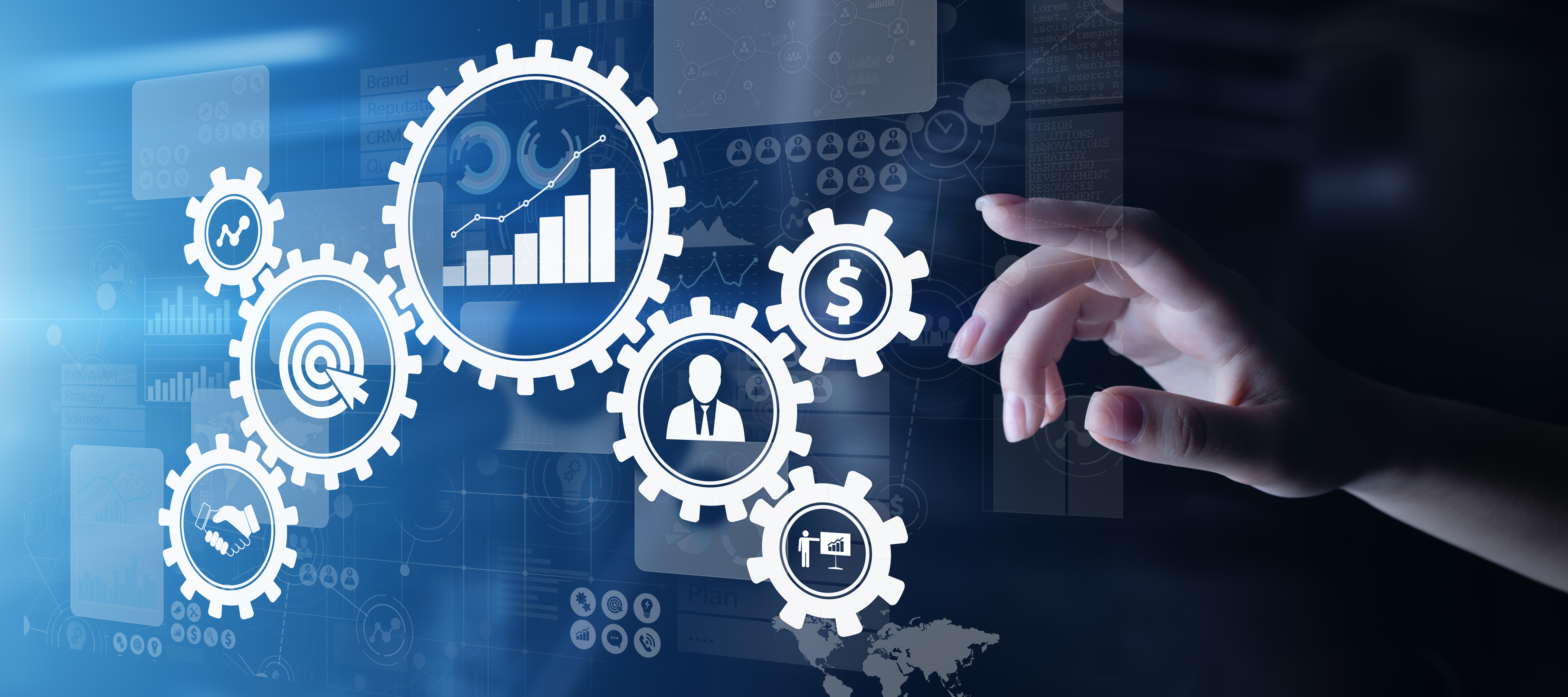As a Quality Assurance organization, we provide readiness support in one or all of the following industry quality certifications and ratings – CMMI-DEV/SVC ML2/3, ISO 9001:2015, 27001:2013 and 20000-1:2018. We are experts in integrating standards and practices to standardize internal program management, software engineering, service management and quality controls. We utilize our tools and techniques to tailor a perfect solution for each customer. We understand that one size does not fit all; therefore, we work with our customers as a teaming partner to deliver scalable and innovative solutions resulting in superior customer satisfaction.
What are the different ISO Certifications?
ISO/IEC 9001:2015 establishes your Quality Management System (QMS). The QMS allows your organization to consistently deliver products and services that meet your customer and applicable statutory and regulatory requirements. This results in enhanced customer satisfaction through the effective application of the system, including processes for improvement of the system and the assurance of conformity to customer and applicable statutory and regulatory requirements.
ISO/IEC 20000-1:2011 is a Service Management System (SMS) standard. The SMS standard helps your organization to better align your IT services and the business it supports. Adopting the common language and the knowledge about processes usually helps in building trust and confidence of customers and users of the IT services. The SMS model maps closely to the ITIL best practices framework where there is focus on continual service improvement as it relates to Service Strategy, Service Design, Service Transition and Service Operations. While ITIL certification is to a person, the SMS certification is applied to an organization.
ISO/IEC 27001:2013 establishes your Information Security Management Systems (ISMS). The ISMS prescribes the requirements for establishing, implementing, maintaining and continually improving an Information Security Management System (ISMS). Once fully implemented and operationally sound, these requirements provide the framework and intended behavior of an effective ISMS. Fundamentally, the ISMS typically contain a set of policies and procedures that ensure a systematic pathway to managing an organization’s sensitive data. The main objective of the ISMS is to manage, minimize and mitigate risk while also ensuring enhanced business continuity through the proactive reduction of severity and likelihood of any security breach. Furthermore, it provides the foundation and guiding principles to information security within an organization to include the CIA (Confidentiality, Integrity and Availability) triad construct of the secure system.

